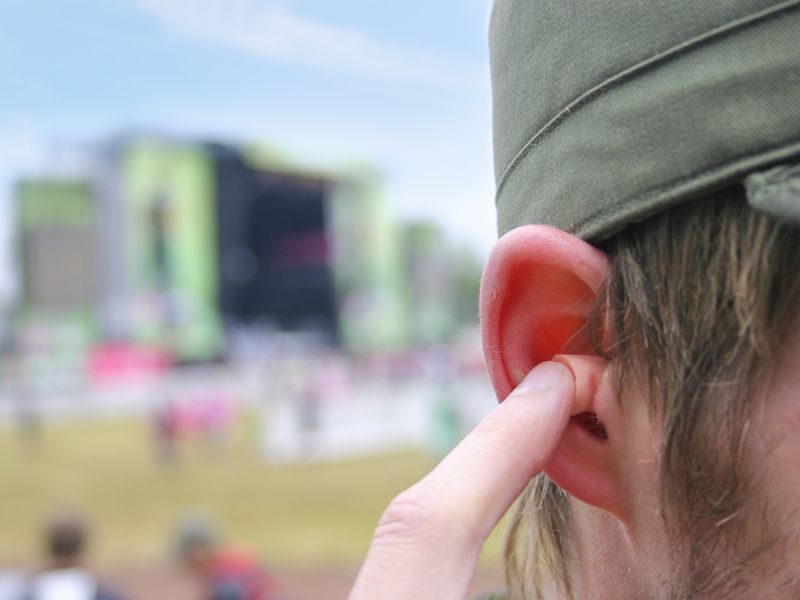
Earplugs can be beneficial if you’re exposed to loud noises, like, something as straightforward as a snoring spouse, or a lawnmower in your yard, or going to a concert at an arena. Decreasing the sound level is how earplugs help in the first two situations. They help save your peace of mind and possibly even your relationships, in the last instance, by permitting you to get a good night’s sleep. But are these ear protectors, in fact, causing damage to your hearing?
What’s The Point of Utilizing Earplugs?
It’s a fairly simple argument for using earplugs: Properly used, earplugs can limit your exposure to extreme volume levels and thereby shield your ears. Perhaps you’ve noticed that your hearing seems different after you leave a loud venue, say, a football game with a noisy crowd, and you might also have symptoms of tinnitus. This happens because those super-loud sounds can actually bend the tiny hair cells inside of your inner ear. In a couple of days, when the hairs have recovered, it usually goes away.
But in certain circumstances, there is a continual assault on those little hairs, especially if you work in a noisy trade like the music business or around jet planes. In this instance, those hairs cannot recover, they are permanently injured. you have about 16,000 of those little cells in each cochlea, but up to 50% of them can be injured or destroyed before your hearing has changed enough for the problem to appear in a hearing test.
How Might Your Ears be Damaged by Wearing Earplugs?
With regards to protecting your ears, you’d think it would be obvious to make use of earplugs. But if your exposed to loud noises on a day to day basis, this seems even more obvious (like on the job or when your spouse snores as previously stated), over-the-head earmuffs or noise-reducing (but not completely stopping) headphones are a better choice. Earplugs are better applicable to one-off situations like a sporting event or concert than for regular use.
Why? The first problem is, earwax. So that they can protect themselves, your ears create earwax, and if you’re regularly wearing earplugs, they will generate more of it, and the earplugs will push it in further. This can result in issues such as impacted earwax, which can trigger tinnitus and other hearing problems.
An ear infection can also result from too much use of earplugs. If you continually wear the same pair, and you fail to clean them from use to use, they can become bacteria traps. Certainly, ear infections can be a disruption to your day to day life. But at the worst-case-scenario end of the spectrum, they can also result in hearing loss if neglected.
How Can You Safely Use Earplugs?
Whether it’s a good night sleep or safeguarding your ears, there’s still a strong upside to wearing earplugs. You just need to be sure you’re using the right kind and utilizing them the right way. The porous material of foam earplugs is a germ haven so it’s a good thing that they are the least costly. Silicone or wax earplugs are reusable, but you need to keep them sanitized, use warm water and mild soap to wash them, and you shouldn’t put them back in your ears until they’re totally dry. Accumulation of moisture can cause mold and bacteria so store your earplugs in a well ventilated place.
If you need or want to use earplugs on a regular basis, you may want to get in touch with us about having custom-made earplugs. These are constructed from unique molds of your ears, they can be reused and since they’re fitted to your ears, their comfortable. But it’s crucial not to forget, smart earplug hygiene can stop hearing damage.